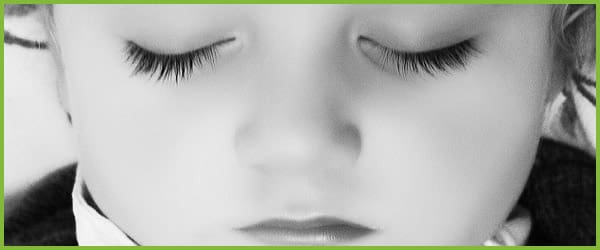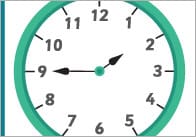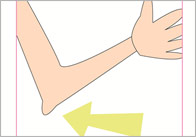Sleep & Sleep Problems in the Early Years (part 2)
On the Sleep Solutions workshop for parents and professionals (run by Scope), it was interesting to share recurring and common themes in sleep related problems.
Issues may relate to –
• Poor sleeping habits
• A refusal to go to bed, or to remain in bed
• Tension and conflict with older children before bedtime
• Excitement and hyper-activity in the bedroom
• Difficulties in winding down before sleeping
• Frequent excuses to delay bedtime
• Repeated waking in the night
• Calls for attention, for comfort, food or drinks through the night
• Falling asleep anywhere but in bed – in a parent’s bed or downstairs
• Waking up throughout the night and taking a long time to settle
• Night terrors and nightmares
• Having difficulty waking in the morning
We discovered the two main stages of sleep – REM (rapid eye movement) and Non-REM sleep. In REM sleep, we dream vividly. It is in non-REM sleep that problems may occur. This stage of sleeping comprises four stages –
• Stage 1 is where you experience slight sleep, when you are nodding off
• Stage 2 is the deeper sleep
• Stage 3 and 4 are when you are in deep sleep and may find it hard to awaken.
We all experiences this series of sleep stages several times each night. When we move between the stages, we experience a partial awakening. Most of us may roll over and fall to sleep again, but for children who have trouble sleeping, they may wake fully at these points and be unable to settle themselves back to sleep again.
The importance of establishing good sleeping routines begins in infancy. The role of Health Visitors to support mothers with their baby’s sleeping habits will be strengthened as more qualified Sleep Practitioners share their specific expertise throughout the country. However, even without this specialist help, all parents can improve their child’s sleeping habits by taking a few simple steps to help remedy poor sleeping behaviour.
Establish good bedtime routines early on –
• Bath times that fall around half an hour before bedtime can aid your child’s sleep
• Reading a bed-time story can be an enjoyable way to round off bedtime.
• Story or lullaby CDS can be used as long as they do not over-excite or stimulate your child
• Milky drinks are a long-established and highly effective part of night-time routines
• Routines that are consistent each evening will support good sleeping habits, so that having a bath, brushing teeth, going to the toilet, getting pyjamas on, drawing the curtains, having a bedtime story, switching the lights to low, having a cuddle before sleep, are all part of the structure of bedtime.
Ensuring the child’s bedroom is a restful place can be difficult with multiple occupancy bedrooms often a feature of family life. What suits one young child, may not suit an older or younger sibling. Be aware of the following as you try to improve your child’s sleeping habits –
• Is the room the right temperature?
• Do the curtains black out light effectively?
• Is the room free from distraction, or distraction with easy reach of the bed?
• Can you hear any loud noises?
• Are there any scary posters on the wall that may disturb a child when they first awake?
• Is the colour of the bedroom relaxing?
• Is the bed comfortable and the sheets clean?
• Are comforters within easy reach?
Finally, do not feel alone in battling with on-going sleep problems. There are increasingly a range of services and groups that support parents of young children.
Here are some that may be helpful to you –
• Scope (Sleep Solutions)
• Southampton University – Dr Cathy Hill – sleep clinic and sleep practitioners
• Face 2 Face parent groups offering support to parents of children with SEN and/or disability
• Handsel Trust• Sheffield Children’s Hospital
Early Support – Information for Parents – Sleep, is available free of charge from the Dept for Education website, Ref ES82, June 2010, contact number 0845 60 222 60.
Heather Stack is a SEN consultant and director of learning Services (SEN) Ltd. She offers a range of consultancy and training services for schools and other organisations. You can get in touch with her via LinkdIn or the learning services website.
Popular Teaching Resources
Stay Up To Date
Sign up for our newsletter and we’ll let you know when we create new early years resources.






